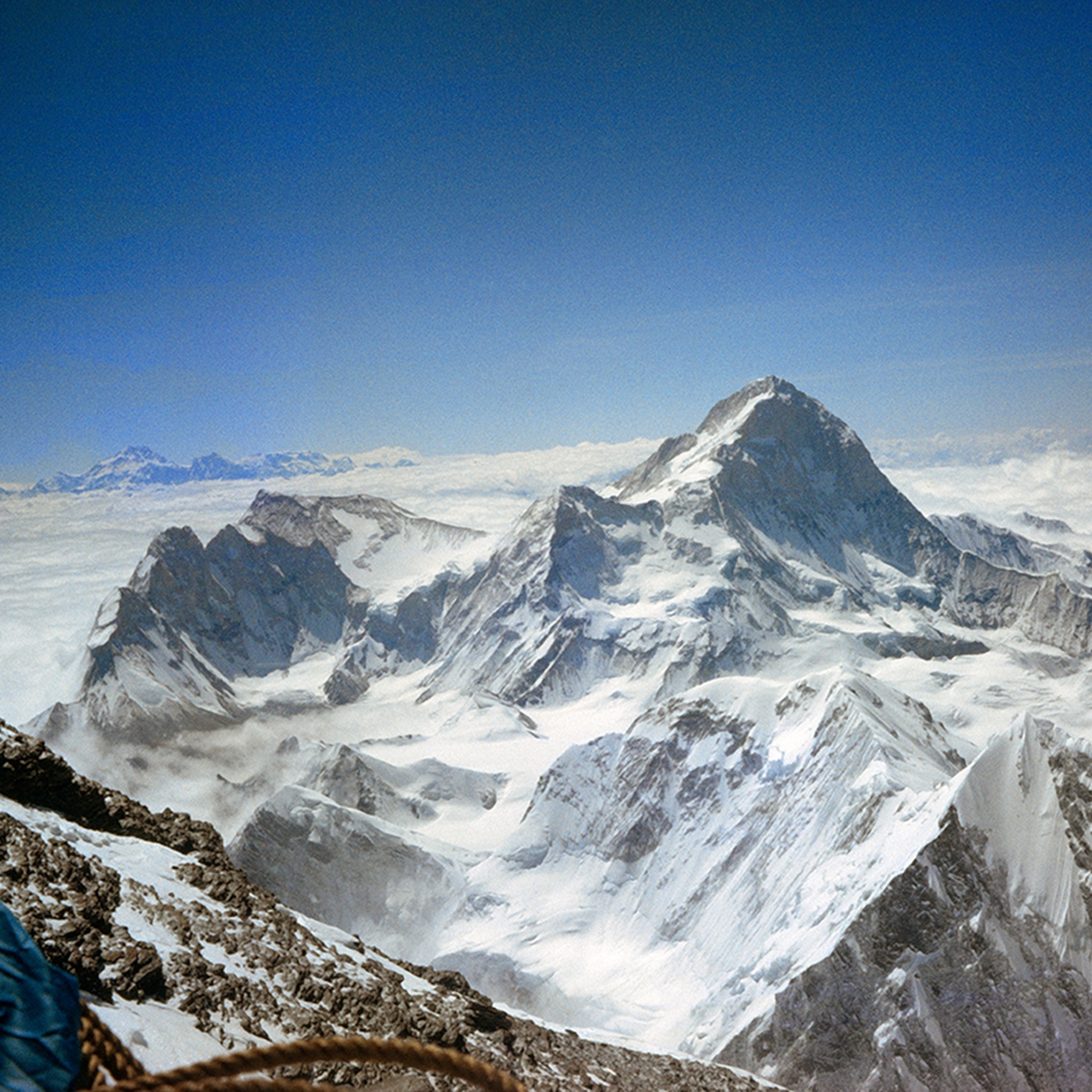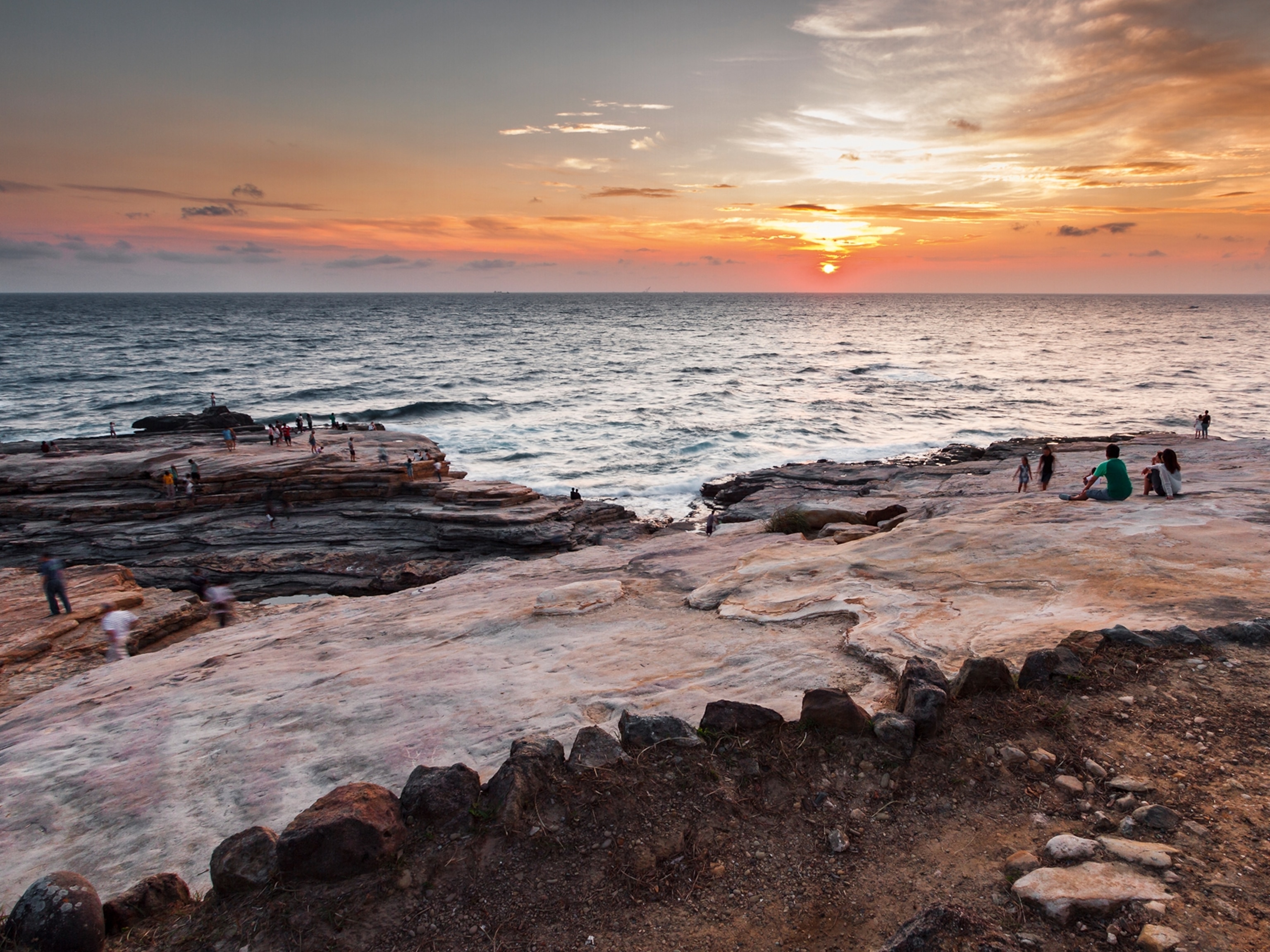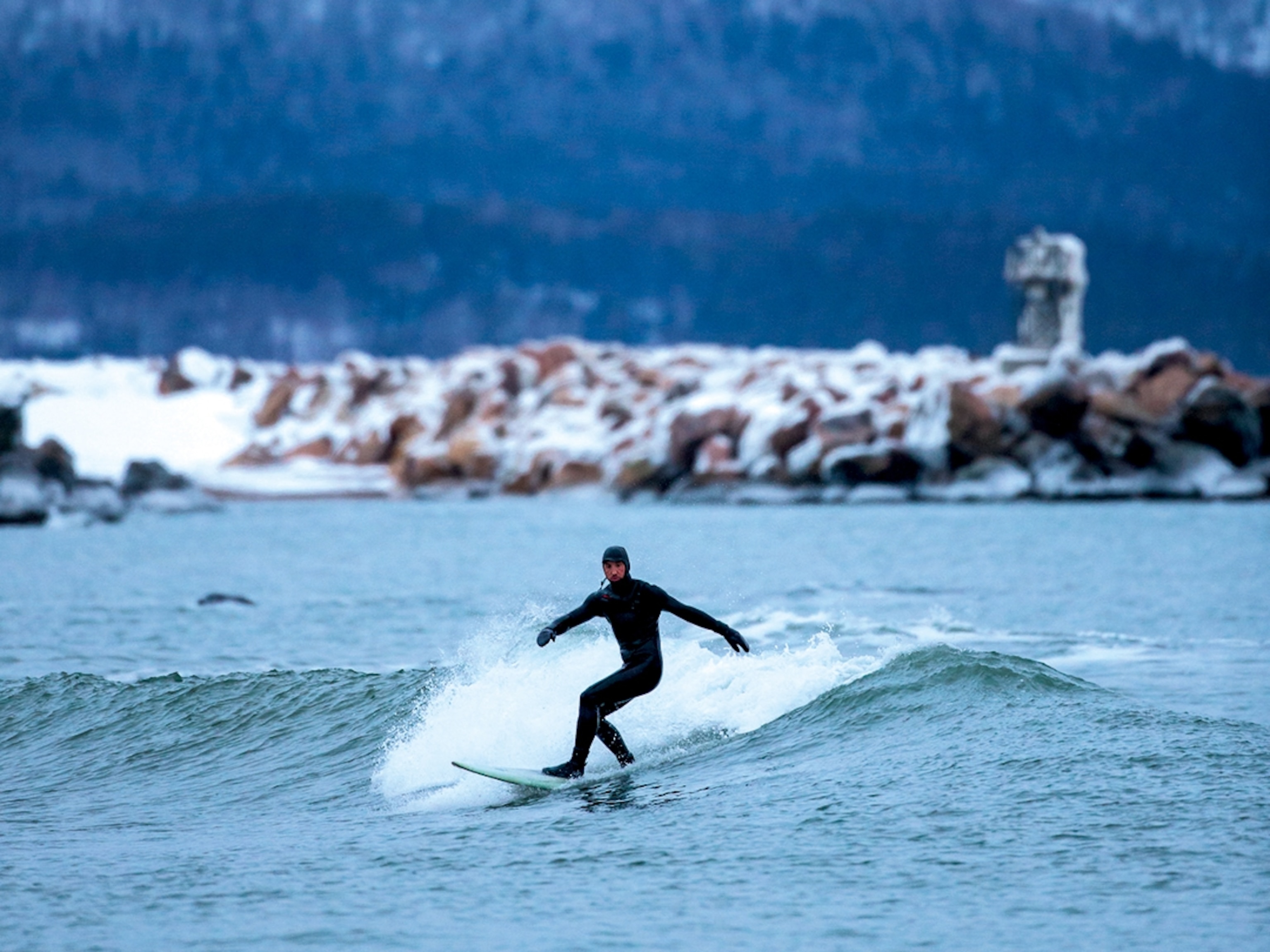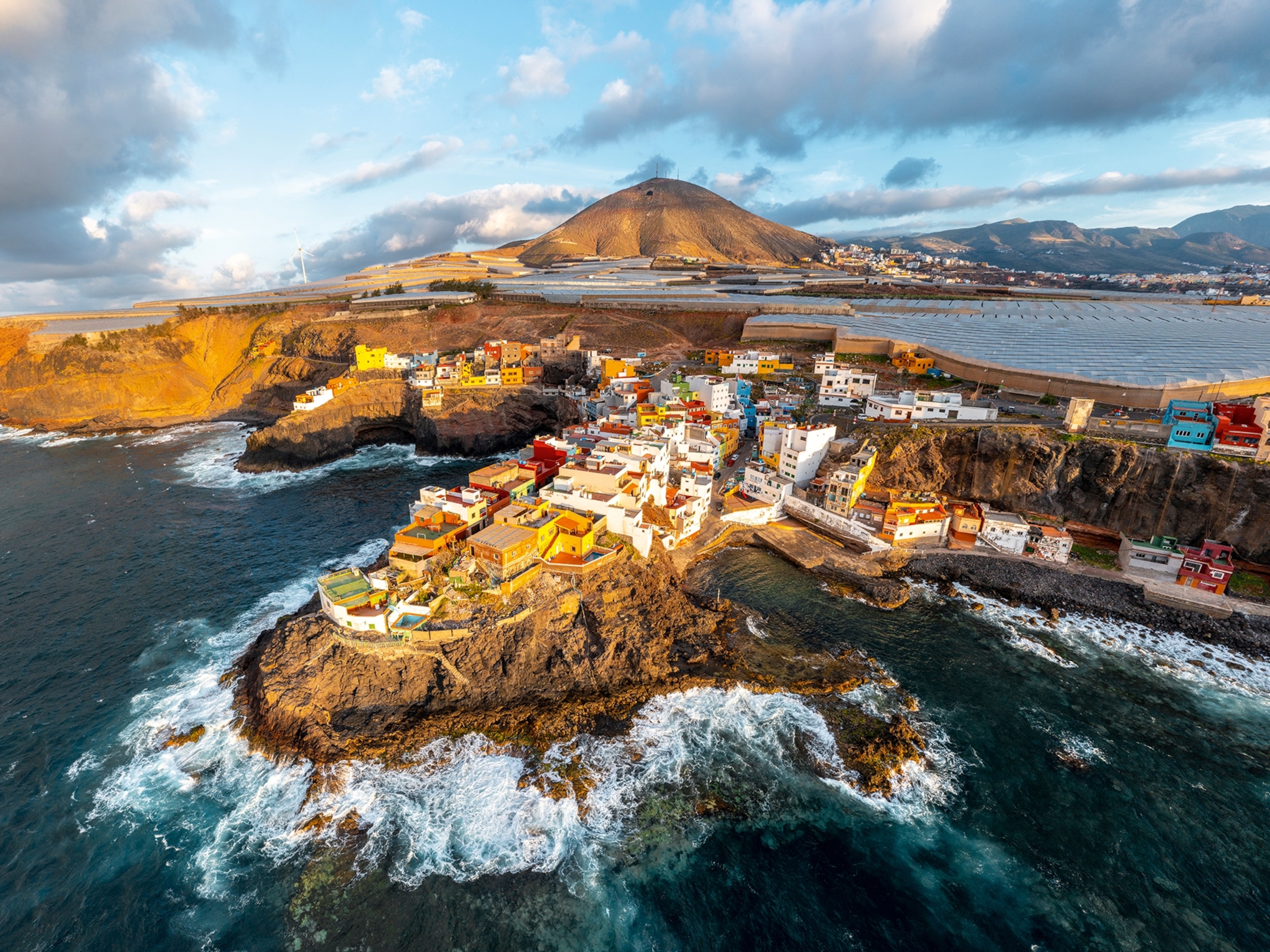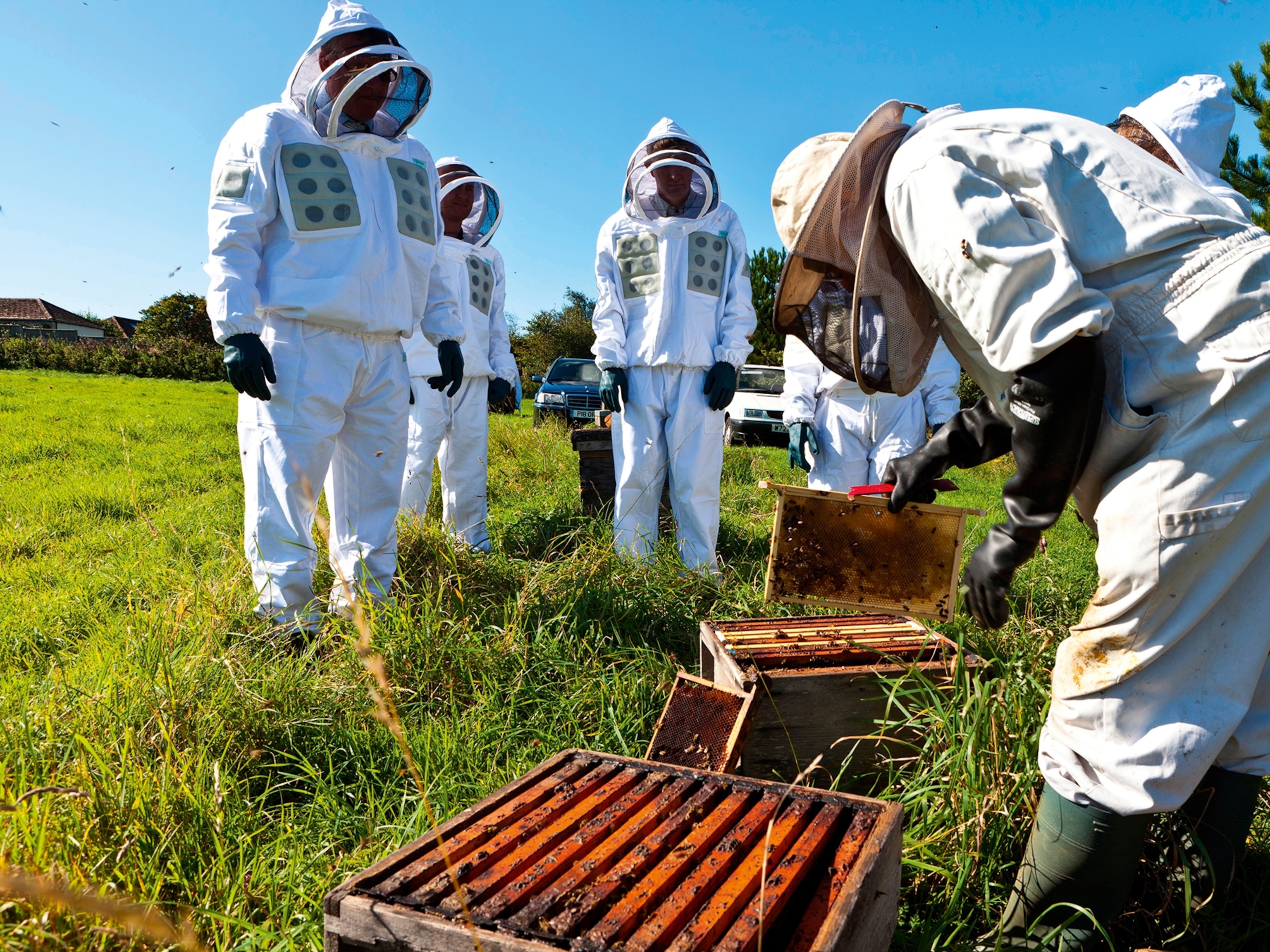
Olympics Add Climbing, Surfing, and Skateboarding for 2020
The International Olympic Committee adds five sports to the roster for Tokyo’s summer games, but some athletes aren’t stoked about the changes.
The International Olympic Committee (IOC) has officially announced the inclusion of five new sports for the 2020 Olympic program in Tokyo. Baseball/softball, karate, sports climbing, surfing, and skateboarding were approved at the 129th IOC session on August 3 in Rio de Janeiro, Brazil.
While baseball/softball and karate are more traditionally organized around games and tournaments, climbing, surfing, and skateboarding have, historically, been less focused on organized competition and more so on individual expression. Yet over the past two decades, each of the three has grown in popularity, participation, and public awareness, partially due to the rise of organized competition within their niche lifestyle realms.
According to a press release, the IOC justified the inclusion of these once fringe sports by highlighting their appeal to youth. “We want to take sport to the youth. With the many options that young people have, we cannot expect any more that they will come automatically to us,” IOC president Thomas Bach said.
The inclusion of the five new sports will add 18 events and 474 athletes—with an equal number of male and female participants—to the Tokyo Games. None of the 28 traditional Olympic sports, including golf, which is making a return to the games for the first time since 1904, will be affected by this addition. Further, the announcement only applies to the 2020 games, meaning that the five disciplines may or may not live on as Olympic events.
A Step Forward
The news was expected by the sports’ governing organizations, who have been working toward this goal with the IOC for at least the past two years.
“This was a wave I’ve paddled for 22 years. Many times I thought Olympic surfing was going to take place, but not under my presidency. But I never cared about that. If someone else was finishing this, it was because someone started it,” said Fernando Aguerre, president of the International Surfing Association, in an interview with Surfline.
Marco Scolaris, president of the International Federation of Sport Climbing, concurred. "The Olympics have been our dream for quite some time, and now the hard work has finally paid off,” he said.
“Since I even began rock climbing, my dream has been to one day become an Olympian," Ashima Shiraishi, the 15-year-old climbing prodigy from New York City and reigning Youth National Champion, said in an interview with National Geographic. "I remember watching the Olympic athletes and being so inspired by their determination to set the bar high for their sport and represent their country. Now that climbing has been accepted, my dream may come true.”
Or a Step Backward?
Among climbers, surfers, and skateboarders, the reaction has been mixed. Many see the Olympics’ acceptance as an affront to the countercultural roots that they consider inherent to their sports.
“Now there’s going to be a bunch of ‘skate coach’ parents out there trying to get their kids to ‘train’ for the Olympics instead of wanting their kids to skate for fun,” wrote one commenter, referring to an article on The Ride Channel. “Skateboarding isn’t about being marginalized, it’s about individuals and self-expression.”
“Skateboarding just took one more step towards being a lot like gymnastics or figure skating,” wrote another commenter.
Cody Townsend, a professional skier from Squaw Valley, California, whose gnarly first descent of a chute in Alaska earned him Line of the Year honors in 2014, tweeted: “Congrats surfing, skating and climbing, you're in the Olympics! [sidenote: nothing good will happen to your sport because of it].”
In an interview, Townsend told me that the root of his warning stems from the fallout he witnessed in the ski industry when ski slopestyle and halfpipe events were integrated into the Winter Olympics platform in Sochi in 2014.
“Naturally, a lot of freeskiing stars and companies within freeskiing were incredibly excited by the potential of the Olympics,” he explained. “The stars dreamed of fame and fortune, the companies of awareness and profit. [But] for the most part neither came. Despite a lot of warranted caution voiced from within, I witnessed companies divert massive chunks of their marketing budgets towards their Olympic athletes and marketing initiatives. Since 2014, the market research has shown zero attributable bump because of these initiatives. Skier days haven’t spiked up, products aren’t being sold any faster and, hell, a few of those top-tier athletes lost their top-tier sponsors within a couple of years of competing on the world’s biggest stage.”
What’s the Game(s) Plan?
For climbing, surfing, and skateboarding, there is much work ahead in terms of determining what the events themselves will actually look like, but the proposed format for climbing has already caused some top climbers to scoff.
- National Geographic Expeditions
The sports climbing event, as it’s being called by the IOC, will combine three traditionally separate climbing events—bouldering, sport climbing, and speed climbing—into a single competition. Many within the climbing world see this broad-stroke grouping as ridiculous as proposing, say, that there would be only one event for running that included three races of totally different lengths.
And just as a 50-meter dash involves a different specialized training from the mile, bouldering and sport climbing are also disparate. Typically, climbers are better at one event over the other, and virtually none of the best climbers in the world are big fans of the speed climbing event, in which climbers race up a standardized route with the same holds.
For example, Adam Ondra, who is considered one of the best rock climbers in the world and is the only person to have ever won both the sport climbing and bouldering World Cups in the same year, said in a recent interview that if speed climbing is a part of the Olympics, that he “will have to think a lot about participating or boycotting it.”
“I think speed climbing is kind of an artificial discipline,” Ondra says.
Shiraishi, meanwhile, who has never competed in a speed-climbing event, has a different mentality. “I plan on training to speed climb and to compete in the World Cups next year,” she says. “I believe that competing and climbing outdoors will prepare me for the big event.”

